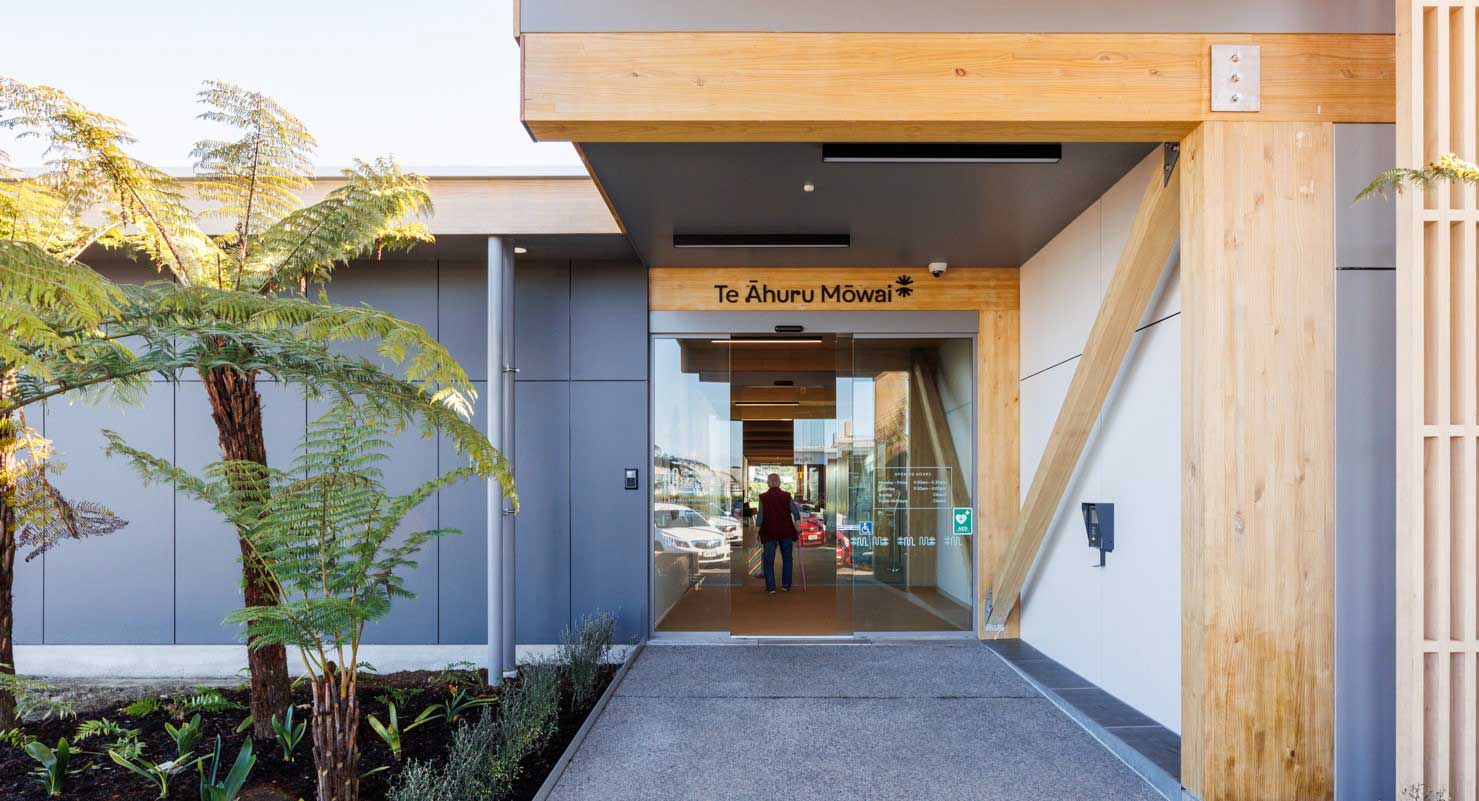The flex bulkSeparator improves patron experience and staff workflow at Georgia’s busiest library.

Challenge
Georgia’s busiest library needed a way to get materials back on the shelves accurately and quickly while freeing up staff for meaningful interactions with patrons.
Solution
Forsyth County Public Library installed Bibliotheca’s flex AMH with bulkSeparator, which allows patrons to drop and go while automatically sorting materials into return bins for quick, efficient reshelving.
Result
Errors in returns have been nearly eliminated, materials get back on the shelves faster, and staff have more time for personal interactions and valuable programmes. Best of all, queues at returns are a thing of the past, making the library experience better for library patrons.
flex bulkSeparator proves it can handle a very busy library in Georgia
Forsyth County, Georgia, is one of the fastest growing areas in the United States, due in large part to its proximity to Atlanta, just 39 miles away. The Forsyth County Public Library system encompasses four branches and circulates 2.5 million items annually.
The new flex AMH with bulkSeparator: technology that works
Forsyth County has been using an older Bibliotheca AMH sorter model in two of its branches for years. When they heard there was a newer sorting solution that could handle the return of multiple books at one time, Forsyth County jumped at the chance to install the new flex AMH with bulkSeparator at the Cumming Library.
“I don’t want a new piece of equipment just because it’s shiny and cool,” says Holly Barfield, Assistant Director of IT. “It has to be something that enhances either my staff’s or my patrons’ lives – it must make things easier, faster, better and more accurate. The new flex AMH does just that.” Bibliotheca has spent years researching and perfecting the bulkSeparator module, so while it’s exciting and new, it’s also a reliable and robust solution that works.
The new bulkSeparator lets the Cumming Library focus on the end-user experience, allowing patrons to quickly and simply return multiple items at the same time. The items slide onto a conveyor belt and are guided towards the RFID reader, gently separating as they travel. Once scanned, the items are sorted into bins by type, making it easy for library staff to return the items to their proper shelves. The flex AMH is easily configurable, allowing libraries to sort materials according to their individual needs.
The Bibliotheca flex AMH was designed and perfected with libraries in mind. The new conveyor system features belts and diverters designed to process even dog-eared items without catching or causing damage. The open space beneath the system makes it easy for staff to maintain and access all parts of the system.
Fast and flexible for patrons and staff alike
Many libraries have AMH systems that provide one-at-a-time returns. This is a great feature for some libraries, but the Cumming Library wanted to reduce the time patrons spent returning materials at the patron induction.
“We have many families who need to return a stack of books each time they visit,” Barfield explains. “With our book return located right outside the main programme room, we wanted to make it as easy as possible for readers to return items and go enjoy a programme or discover their next book. Now, with the flex AMH bulkSeparator, the patrons just drop their items and go.”
Cumming Library uses a seven-bin system to sort materials. The first bin, located within reach of the staff station, is designated for exceptions and holds. If an item does not scan properly the first time, it will drop into this bin where staff can quickly place it back onto the bulkSeparator belts for another pass. Items on hold for patron pick-up generate a hold receipt as they are processed. The staff members then match up the receipt with the item and put it on a trolley for immediate transport to the holds shelf.
“Most of our holds come from other branches via courier,” Barfield says. “Processing those used to be a two-person job with one person feeding materials into the induction unit and another sitting by the printer matching receipts with items. Now it can be handled by just one staff member by simply unloading the courier bin onto the bulkSeparator belt. The process is so quick, it’s usually the staff falling behind, not the sorter – a great problem to have.”
Next stop … the busiest library in Georgia
Barfield is so impressed with the new flex AMH and bulkSeparator that she has decided to install two of them in Forsyth County’s Sharon Forks branch – the highest-circulating library branch in Georgia in FY2016.
Sharon Forks handles well over a million loans per year. To keep up with circulation on this scale, Forsyth is upgrading the current AMH system and installing two 11-bin flex AMH systems – each with their own bulkSeparator.
“Once we saw how fast and efficient the new flex AMH with bulkSeparator was, we knew we needed the same reliable and fast service at our Sharon Forks branch,” Barfield says.
Barfield is confident that patrons will be happy to see the return of the drop-and-go solution at the Sharon Forks branch. While they installed the one-at-a-time interface originally to reduce workload for staff, patrons were not happy about having to feed their materials into the return one at a time.
“When we asked how we could improve, we heard over and over again that patrons missed being able to return all of their items at one time,” Barfield says. “The new system will give them that ability. Patrons shouldn’t notice the back-end systems of the library. They should just work seamlessly and integrate into their lives without causing them to slow down.”
With the bulkSeparator solution offered through flex AMH, the Forsyth County staff enjoy quick and accurate sorting and a simplified, easy-to-use experience for patrons.
Faster sorting and faster shelving means more time for service
“Moving to the flex AMH with bulkSeparator almost completely eliminates errors like items being shelved when they should be tagged for transit, or items not being checked in because of metal content in the book jackets,” Barfield says.
That accuracy allows staff to spend their time where it is truly needed – interacting with patrons, maintaining full and attractive shelves and running valuable programmes.
“We are having technology do what technology can do. It’s really enabled us to move staff to where we want them to be and free them from the daily tasks that a computer can do and can do well,” says Barfield.
A lifelong library employee, Barfield has been with the Forsyth County Public Library for 23 years and has worked in nearly every department. That experience has given her a unique insight into the workings of the library and the effect that administrators’ decisions have on the workflow and morale of the employees.
So, how do the staff feel about the new system? “They’ve taken to it like ducks to water!” Barfield says.
“I don’t want a new piece of equipment just because it’s shiny and cool. It has to be something that enhances either my staff’s or my patrons’ lives – it must make things easier, faster, better and more accurate. The new flex AMH does just that.”
“We have many families who need to return a stack of books each time they visit. With our book return located right outside the main programme room, we wanted to make it as easy as possible for readers to return items and go enjoy a programme or discover their next book. Now, with the flex AMH bulkSeparator, the patrons just drop their items and go.”
You may also like
Insights + Trends

Groundbreaking access: open+ in Manawatū Community Hub Libraries, New Zealand
Extended library access that is highly-used and applauded by the community.

Seamless Innovation: How Bibliotheca Transformed Library Services at the University of Manchester
Bibliotheca’s innovative library solutions have seamlessly integrated into the University of Manchester’s systems, enhancing accessibility and improving student experience.

Self-service by the sea: selfCheck 500 in Kaipara District Libraries, New Zealand
Refresh a branch using modern library self-service technology, utilise selfCheck 500 to help the tiny library team streamline workflow

